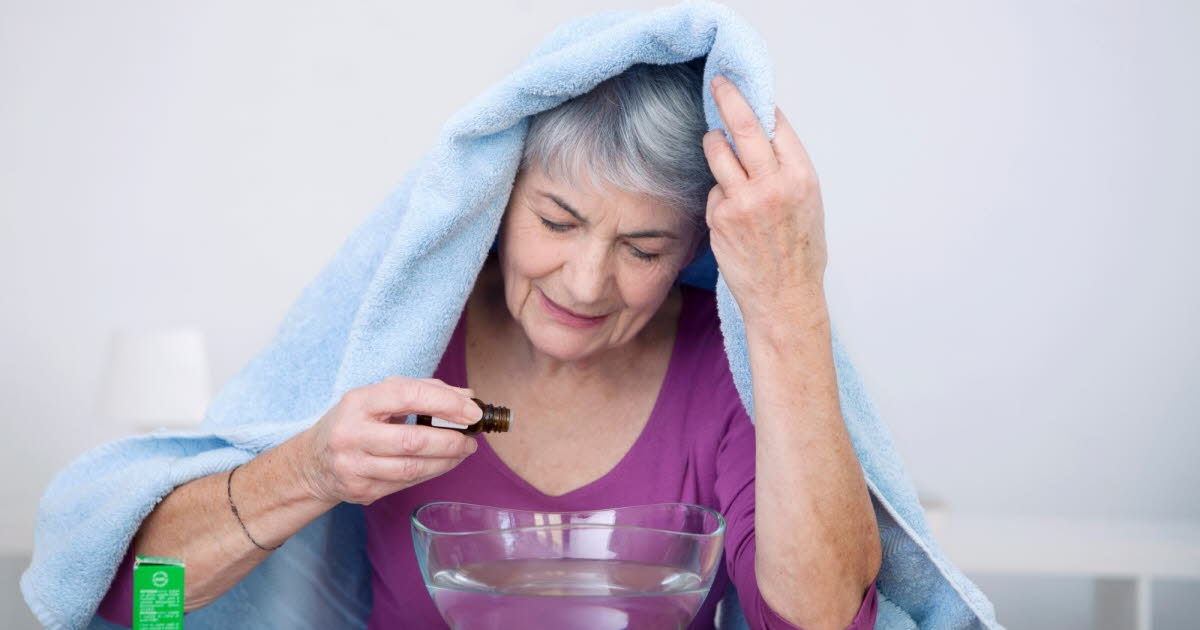Health. Essential oils against colds: are they effective and, above all, safe?

Essential oil is a volatile, fragrant substance produced by certain plants. It is most often extracted in liquid form by steam distillation of aromatic plants (leaves, flowers, bark, seeds, stems, etc.).
While essential oils enjoy a reputation as "natural" remedies, experts urge caution. " One should not choose an essential oil at random and it is important to pay attention to its instructions for use ," warns the Ministry of the Economy.
Indeed, while essential oils are reputed to be natural, possessing invigorating, soothing, and other properties, they are in reality highly concentrated chemical compounds that can prove harmful if precautions for use are not followed .
Eucalyptus and peppermint: two reliable choicesAmong the multitude of essential oils available on the market, two stand out in particular for relieving cold symptoms: eucalyptus and peppermint.
Eucalyptus radiata oil has several properties that make it particularly effective against colds:
- Expectorant power: by promoting the evacuation of secretions, it accelerates healing and prevents the discomfort of a runny nose throughout the day.
- Decongestant properties: thanks to its vasoconstrictive effect, it immediately reduces the sensation of a blocked nose.
- Anti-inflammatory action: it locally targets inflammation of the nasal mucosa, thus considerably improving comfort.
Peppermint, on the other hand, contains menthol, a compound that helps clear blocked nasal passages. Its characteristic freshness provides an immediate sensation of sinus relief.
On the Cleveland Clinic website (USA), Dr. Jessica Ruff, a specialist in preventive medicine, advises against the use of other essential oils to combat coughs, such as cinnamon, rosemary or bergamot, which " have not been sufficiently studied in humans."
Despite their potential benefits, essential oils are not suitable for everyone. Certain groups of people should absolutely avoid them, such as young children (who may, for example, develop respiratory problems) or pregnant or breastfeeding women.
Precautions for useThere are two main ways to use essential oils against colds:
- Skin application : it is generally recommended to dilute your essential oil with a vegetable oil (usually coconut oil) on the skin to avoid skin irritation.
- Inhalation : Add a few drops of essential oil to a diffuser. Diffusers disperse fine molecules of essential oils into the air as a mist, allowing you to breathe in the fragrance. You can also add essential oils to a pot of boiling water.
Note : Aromatherapy should not be used lightly. For greater effectiveness and to avoid any health risks, consult your pharmacist for advice on product selection and appropriate dosage.
Le Progres






